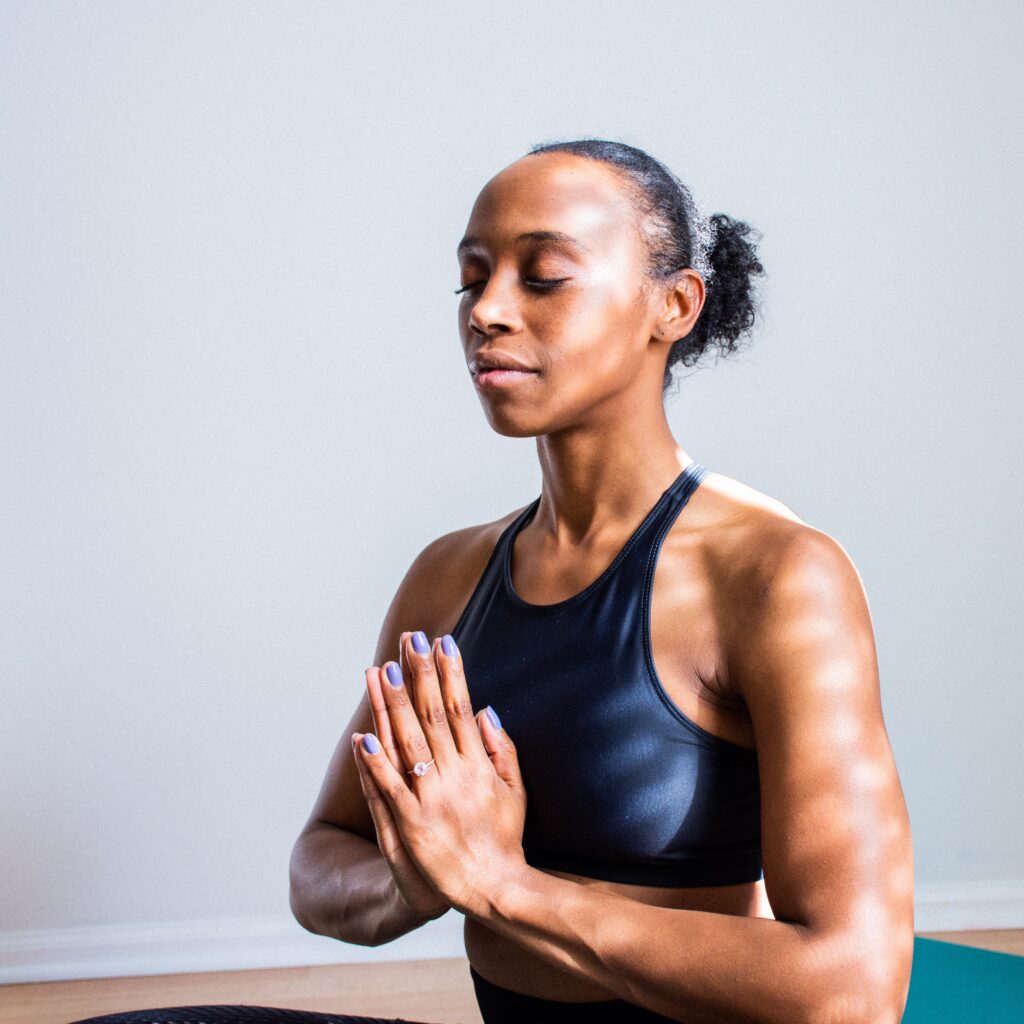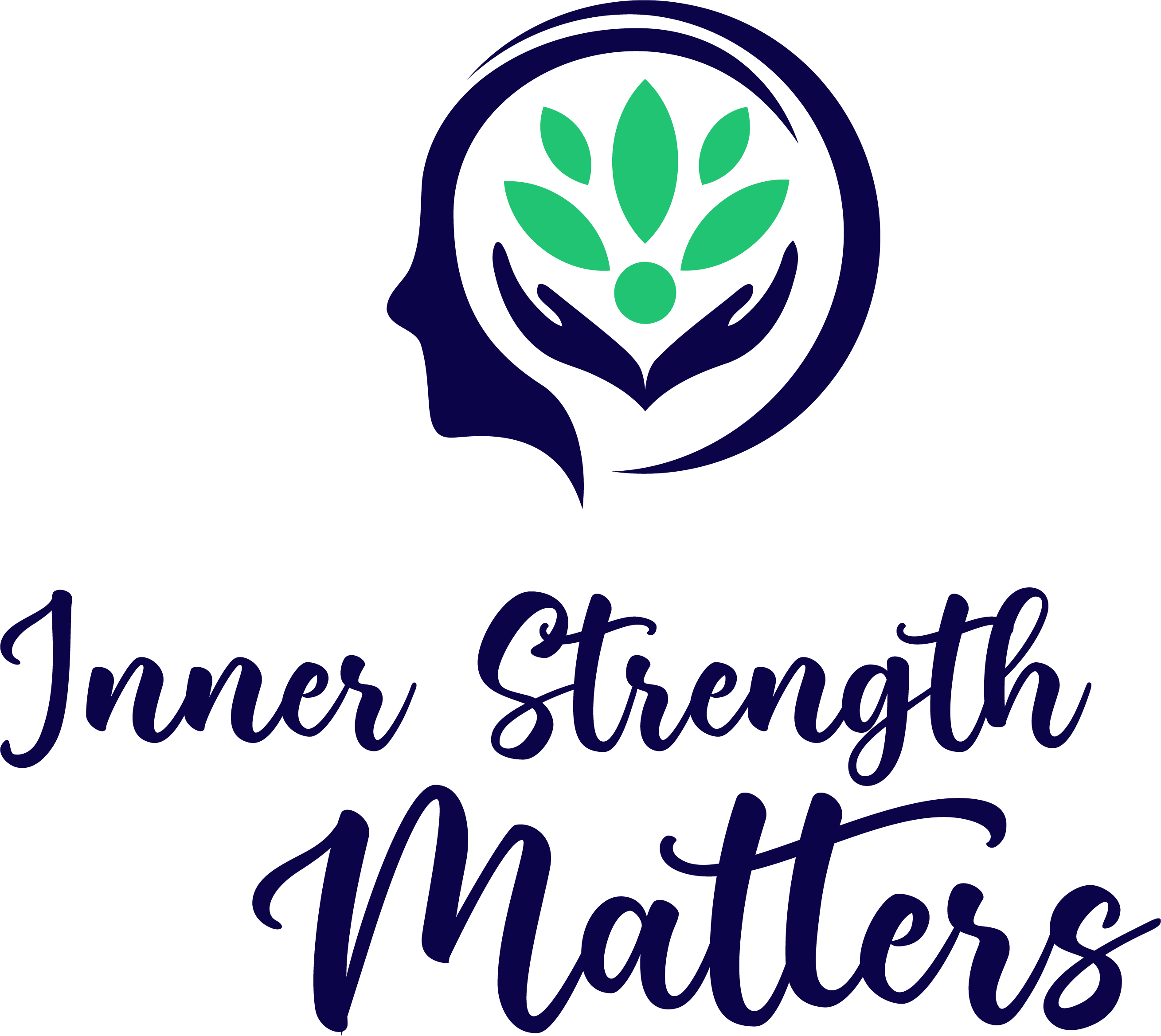Anxiety is when a person loses all control of his/her mind, and can’t find a way to get out of it. Anxiety has so many different types including social, mental, and physical anxieties, and Meditation is a practice that involves training the mind to achieve a state of focused attention, relaxation, and heightened awareness. It has deep roots in various spiritual and religious traditions but has also become widely popular as a secular practice for promoting mental well-being. The goal of meditation is often to cultivate a sense of inner peace, mindfulness, and clarity. Mediation for anxiety is the best way to get instant relief and calm your anxiety
There are different types of meditation, such as mindfulness meditation, loving-kindness meditation, transcendental meditation, and more. The diversity of techniques allows individuals to choose a practice that aligns with their preferences and goals. Whether used as a spiritual practice or a secular tool for mental health, meditation has gained recognition for its positive impact on overall well-being.
Patterns that cause anxiety:
Benefits of Meditation for Anxiety:
A person who experiences panic attacks, or anxiety attacks needs proper meditation whether it is available in-house or medication center. There are different types of meditation in different forms of yoga, treatments, exercises, etc. Mediation for anxiety can serve as a powerful tool as it helps us control our thought patterns which eventually calms our minds.
Different kind of techniques are suggested for dealing with anxiety like Relaxation techniques which includes visualization of deep inhalation, relaxation of mind, proper sleeping schedule, Maximum 6-8 hours of sleeping for peaceful sleep, relief from all intrusive thoughts, regular exercises because exercise is one of the best ways to get relief from anxiety. The diet also plays an important role in getting rid of anxiety, make a proper diet plan and add fruits and vegetables into your diet because it makes your mind active and you pay more attention to your work instead of any other thing and all these ways make easier for you to get relief from any kind of depression, anxiety.
5 Mediations for Anxiety Relief
Following are the 5 meditations for anxiety that can help you calm your mind.

Mindful Awareness:
One of the primary ways meditation contributes to anxiety healing is through the cultivation of mindful awareness. By focusing on the present moment without judgment, individuals learn to observe their thoughts and feelings without becoming overwhelmed by them. This heightened awareness allows for a more objective and less reactive response to stressors. Mindfulness practices help us live in the present movement that can be the best meditation for anxiety.
Stress Reduction:
Meditation serves as a powerful tool for reducing overall stress levels. Regular practice triggers the relaxation response, which counteracts the physiological effects of stress on the body. Deep breathing and calming techniques integrated into meditation help regulate the nervous system, promoting a sense of calm and balance.
Breaking the Cycle of Overthinking:
Anxiety often thrives on repetitive, negative thought patterns. Meditation encourages individuals to break free from this cycle by creating a space for mental stillness. This break allows for the interruption of intrusive thoughts, offering respite from the constant barrage of anxiety-inducing ideas.
Emotional Regulation:
Through meditation, individuals develop better emotional regulation skills. The practice teaches acceptance of emotions without being overwhelmed by them. This emotional resilience translates into a greater ability to navigate challenging situations with a composed and balanced mindset.
Increased Self-Awareness:
Meditation fosters a deeper understanding of oneself. As individuals explore their inner thoughts and feelings during meditation, they gain insights into the root causes of their anxiety. This self-awareness becomes a foundation for implementing positive changes and adopting healthier coping mechanisms.
Enhanced Focus and Concentration:
Anxiety often scatters attention and concentration. Meditation, with its emphasis on single-pointed focus, helps individuals train their minds to concentrate on the present moment. This enhanced focus contributes to a sense of clarity and control over one’s thoughts, reducing anxiety’s grip on the mind.
Promoting a Sense of Calm:
At its core, meditation is a practice of finding inner peace. The deep breathing, guided imagery, or mantra repetition employed in various meditation techniques contribute to a profound sense of calm. This tranquility extends beyond the meditation session, helping individuals face challenges with a more composed demeanor.
Conclusion:
Anxiety, depression, intrusive thoughts, aggression all these get in form when a person is dealing with so many things at the same time that they don’t share with anyone and the process of healing is very tough when you have nobody looking for you and you have to make yourself calm and peaceful while this healing process because time or life doesn’t stop for anyone.
